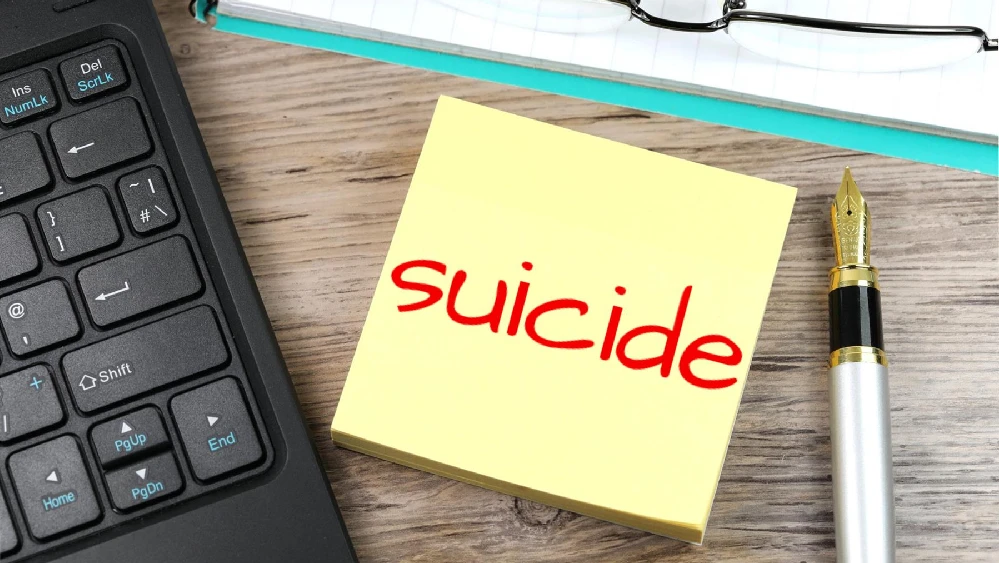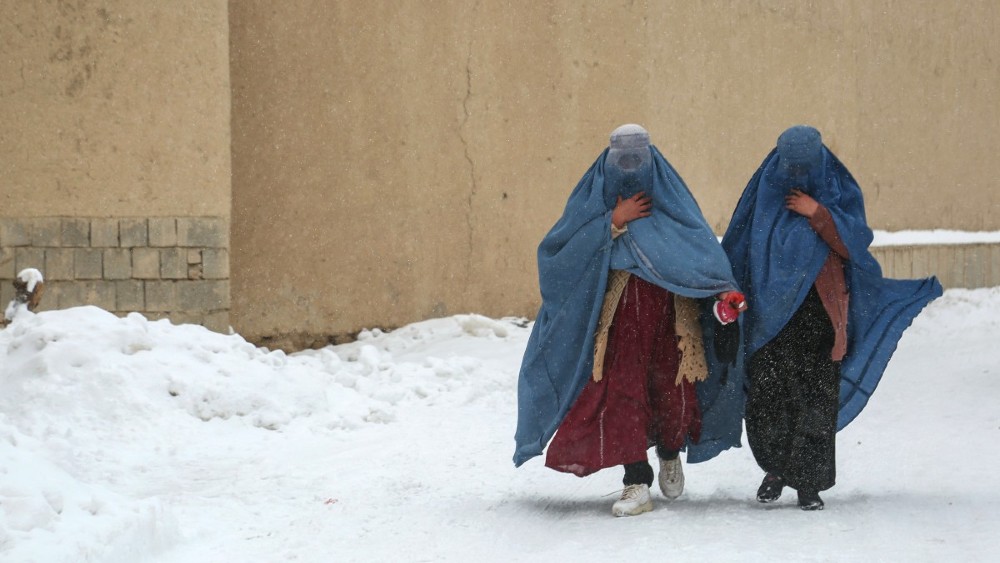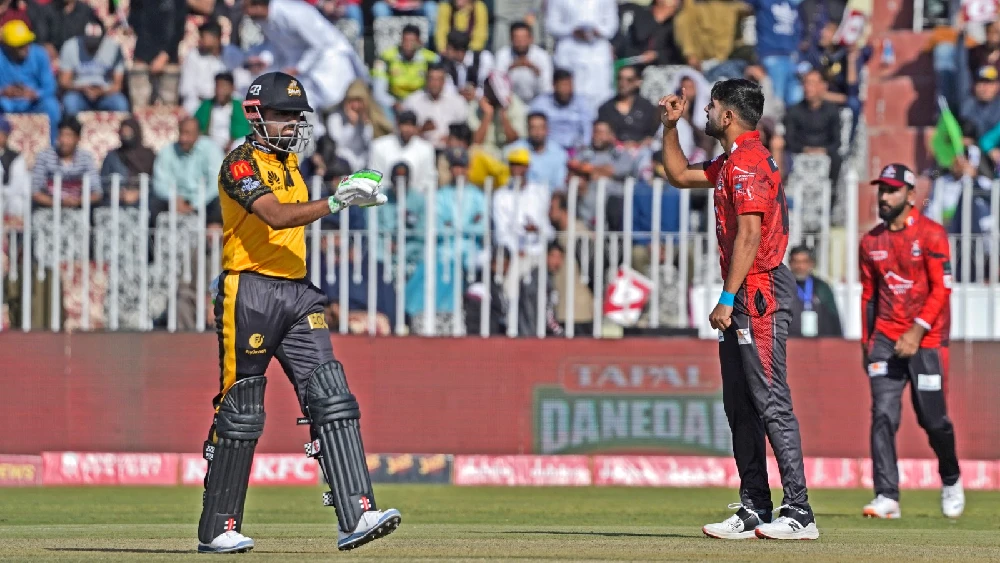ISLAMABAD: European Commission President Ursula von der Leyen on Wednesday proposed suspending parts of the European Union’s free trade agreement with Israel and sanctioning extremist Israeli ministers, citing grave humanitarian concerns over the ongoing war in Gaza.
Delivering her annual State of the Union address to the European Parliament in Strasbourg, von der Leyen acknowledged the EU's “painful” inaction in response to the crisis and said the Commission is ready to act independently to hold Israeli leadership accountable.
“Man-made famine can never be a weapon of war. For the sake of the children, for the sake of humanity, this must stop,” von der Leyen told lawmakers.
Proposed sanctions and trade suspension
The Commission will put forward sanctions on certain extremist Israeli ministers and violent settlers, as well as a partial suspension of the EU-Israel Association Agreement. A trade pact that currently grants Israel preferential access to European markets.
“We will propose sanctions on the extremist ministers and on violent settlers. And we will also propose a partial suspension of the Association Agreement on trade-related matters,” von der Leyen said.
The announcement marks a significant escalation in EU criticism of Israel’s military campaign in Gaza, as pressure builds over alleged war crimes and a deteriorating humanitarian situation.
Deepening EU fractures on Gaza
Von der Leyen acknowledged the divisions within EU member states over the Gaza conflict but insisted the Commission would lead with moral clarity.
“Europe needs to do more,” she said. “We will try to move the bloc forward, but even if unity is hard, we must take our own responsibility.”
The speech follows months of international criticism directed at Israel over its military operations in Gaza, which have resulted in widespread civilian casualties, mass displacement, and what rights groups have described as a looming famine.
Strategic economic pressure
A partial suspension of the EU-Israel trade agreement would have wide-reaching economic implications for Israel. The EU is among Israel’s largest trading partners, and the agreement governs the flow of billions of euros in goods annually.
The European Parliament has increasingly debated whether Israeli policies in Gaza and the West Bank violate human rights obligations that are embedded in the EU’s trade pacts.
“What is happening in Gaza has shaken the conscience of the world,” von der Leyen told parliament.
The Commission’s proposed measures now await discussion and approval by the European Council, which includes heads of state from all 27 EU member countries.
If adopted, it would represent the most serious diplomatic and economic rebuke of Israel by the European Union in decades.
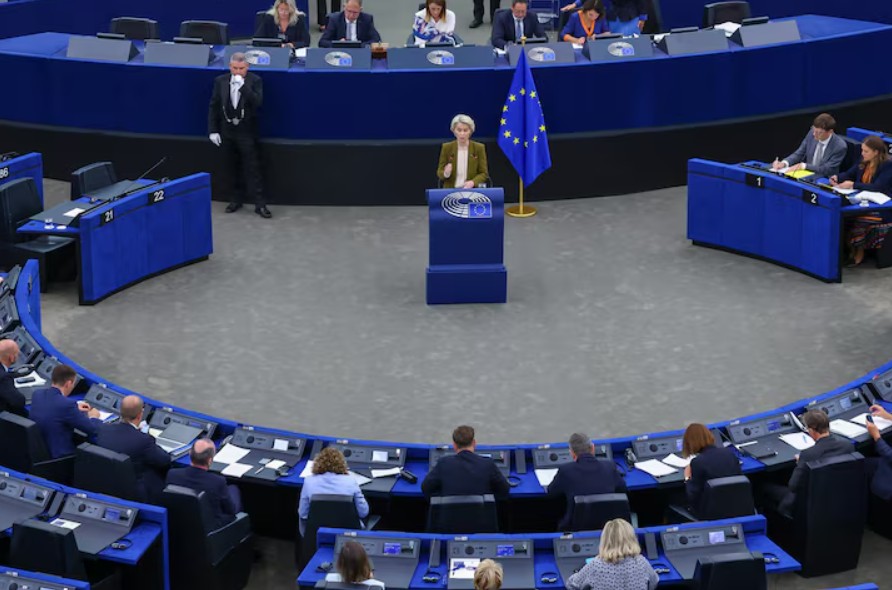
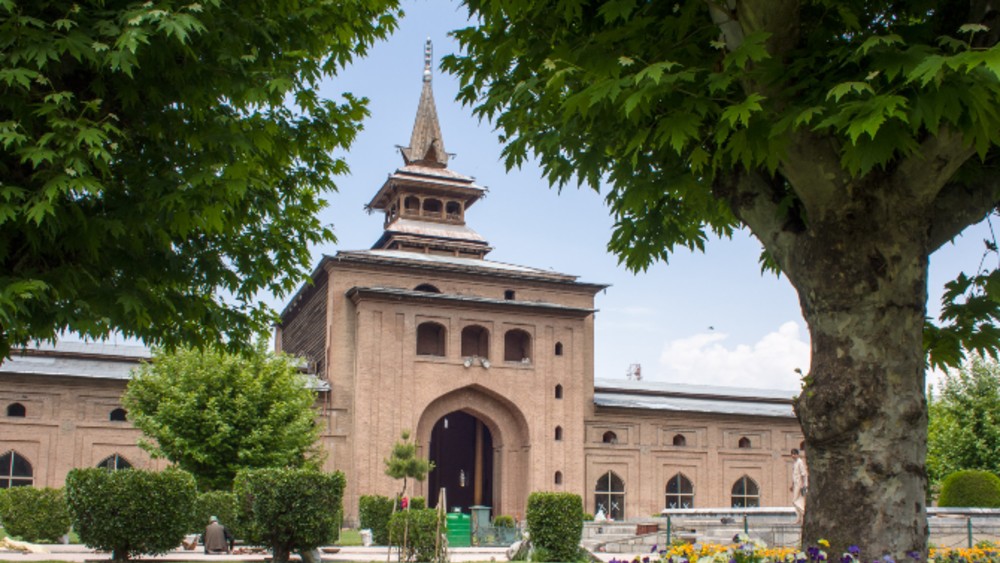
.jpg)
